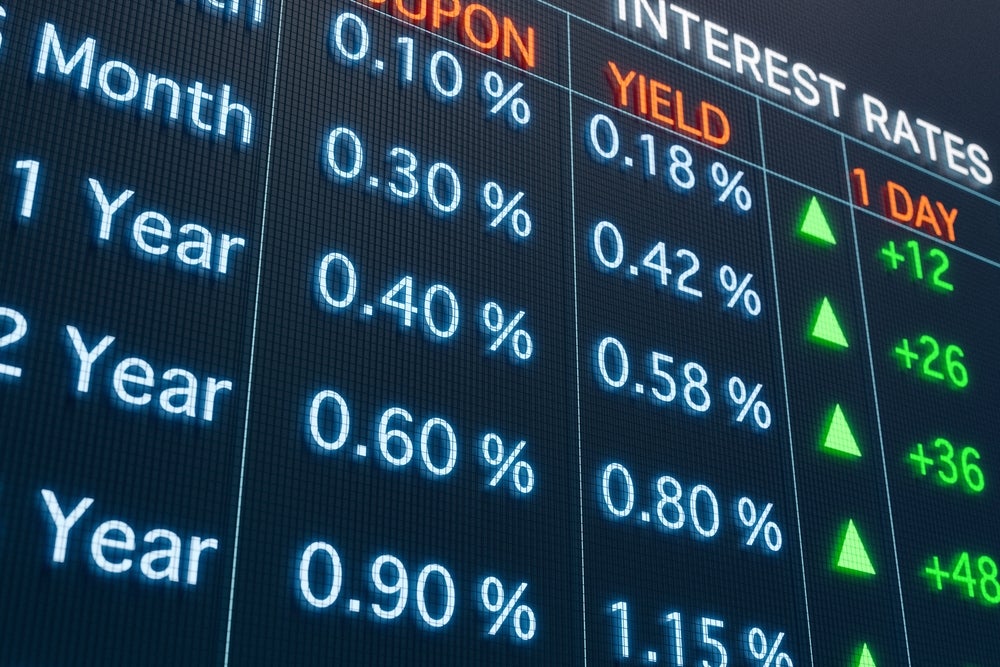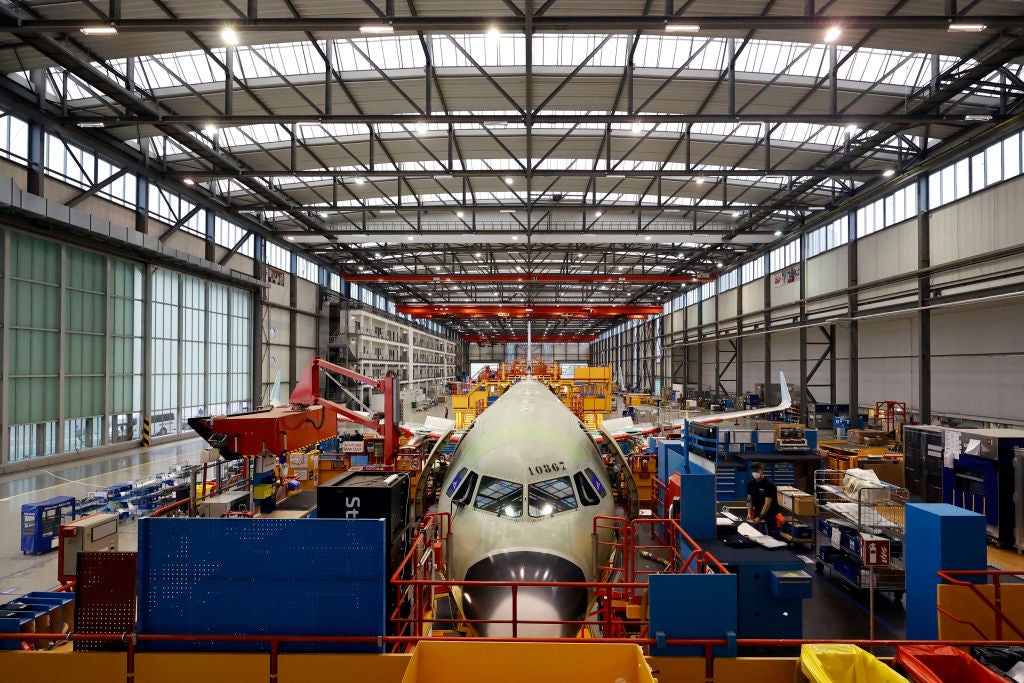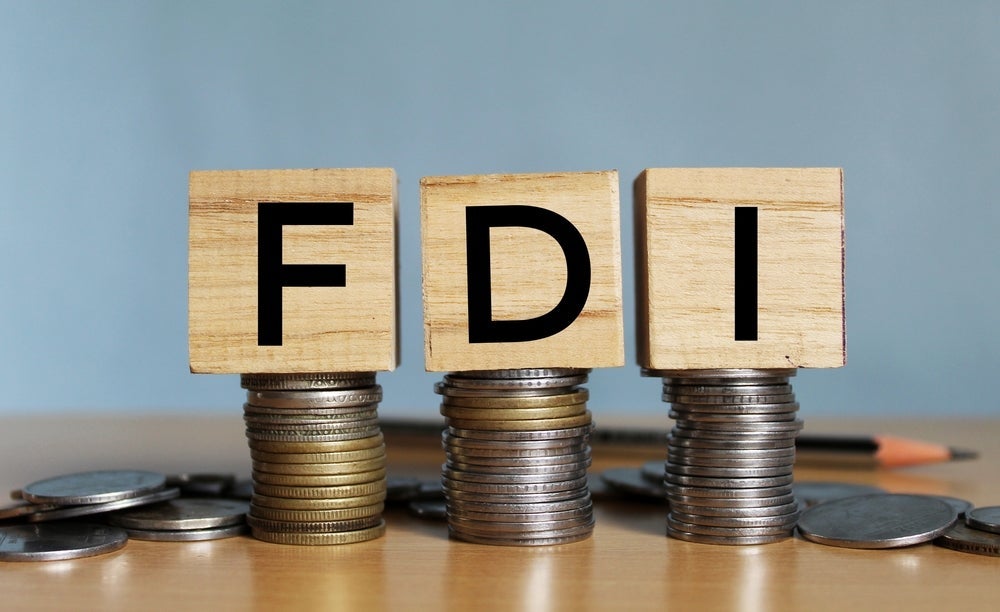
Inflation has been a highly political issue in developed countries since mid-2021, in a manner that hasn’t occurred in decades. It was only after Russia’s invasion of Ukraine, however, that inflation levels started soaring across the US, the UK and Europe.
The impact has been more severe in the US and the UK, where the conflict compounded the effect of other internal factors that have played a stronger role than in Europe. In June 2022, both the US and UK Consumer Prices Index reached 40-year highs, rising by 9.4% and 9.1%, respectively.
Rising levels of inflation equate to rising prices of essential consumer goods and services such as food and fuel and erode people’s and companies’ purchase power. It is little wonder then that inflation emerged as a top keyword in the first-quarter 2022 earnings calls analysed by Investment Monitor.
The relationship between inflation and foreign direct investment (FDI), however, is not straightforward.
While high levels of inflation could be off-putting to foreign investors, as they reduce the value of assets pegged to the local currency and lead to currency depreciation in relation to foreign currency, moderate levels of inflation benefit foreign direct investors by helping to promote domestic growth, reducing the value of debts to suppliers and, via currency depreciation, increasing the competitiveness of exports.
All eyes on talent in times of inflation
While the immediate effect of inflation on FDI flows is not evident – or cannot be proved to be such, as other factors have an impact on multinational companies' (MNCs) decision to invest somewhere – the issue is certainly felt across the industry and is having an impact in other ways.
How well do you really know your competitors?
Access the most comprehensive Company Profiles on the market, powered by GlobalData. Save hours of research. Gain competitive edge.

Thank you!
Your download email will arrive shortly
Not ready to buy yet? Download a free sample
We are confident about the unique quality of our Company Profiles. However, we want you to make the most beneficial decision for your business, so we offer a free sample that you can download by submitting the below form
By GlobalDataIn terms of companies opening new offices or facilities abroad (or FDI, in other words), the impact of inflation is twofold.
“Some companies may seek a less inflation-sensitive destination and plan to move operations there in lieu of rising costs in a current location,” says Glenn Barklie, chief economist at Investment Monitor. “On the other hand, with rising energy and food prices driving up costs and tightening profits, companies could see FDI as too risky in the current climate.”
Seth Martindale, senior managing director at commercial real estate company CBRE and a member of the Site Selectors Guild board, believes this is definitely the case. “I don’t’ think inflation is impacting so much where companies decide to go," he says. "It is impacting more whether they go at all. Not everybody is going ahead no matter what, as it was the case up until 18 months ago when companies were eager to reboot operations after Covid-19.”
The second impact of inflation on businesses relates to talent and workforce. “As individuals’ costs rise there may be increased pressures on companies to raise wages,” says Barklie. “People may be more open to switching roles in order to maintain a similar standard of living.”
Ever since the Covid-19 pandemic struck, talent has been on the rise as an FDI driver, and it is front and centre of investors’ discussions about foreign investment.
Larry Gigerich, executive managing director of boutique site selection company Ginovus and vice-chair of the Site Selectors Guild, says that inflation means the cost of talent has also gone up and this is having a strong impact on MNCs’ decision-making processes.
“Companies are factoring in the impact of inflation in their analyses as it relates to the cost of talent, construction materials, real estate and other key issues," he adds.
“The biggest impact is on the cost of talent. Evaluating the cost, availability and quality of talent is vital during the decision-making process and the impact of inflation on wage levels is now more pronounced than it has been, for manufacturing jobs in particular.”
What if a recession hits?
Inflation has been soaring so much in Western countries that it has started to raise concerns that many of them may be sliding into recession.
At the end of July 2022, the US reported its second consecutive quarter of falling GDP, causing observers to debate whether the country has already entered recession.
If a recession does hit the US and the UK, the impact of inflation on most sectors will ease.
“If we end up in a short-term recession, all sectors will see some relief from the impact of inflation due to a cooling economy, and its corresponding impact on supply and demand issues,” says Gigerich.
“It is hard to predict that any sector will benefit from inflationary factors because of the impact on wage levels. Core consumer products will continue to be needed to support people in their daily lives, and as a result the revenue for these businesses should remain strong, but they will have higher costs to produce and ship those products, so it is likely to offset the benefit.”
Steven Bell is the chief economist for Europe, the Middle East and Africa at asset manager Columbia Threadneedle. He believes a recession in the US and Europe is almost certain.
“Interest rates are headed higher and we are on a clear course to recession in the US and Europe," he says. "In the US, domestic demand pressures are so strong that the Federal Reserve will have to engineer a recession to get inflation back down to target. Inflation is strong and accelerating in two key areas: rents and wages.
“[Late July's] Purchasing Managers’ Index slumped into contractionary territory and there are signs that the US labour market is slowing, but that easing is coming off super strong levels.”
The picture is slightly different in Europe, where any recession would be linked to more external factors, mainly the rise of gas prices.
“The reasons for recession are different in Europe," says Bell. "Domestic sources of inflation are less strong. In the euro area, wage inflation is still broadly in line with the European Central Bank's [ECB] 2% inflation target and many companies are making one-off payments to workers – payments that will be easier to reduce next year when conditions are likely to be much tougher. Recession in Europe is much more related to the cost-of-living crisis, linked to gas prices.”
A recession would also put even more pressure on the cost of talent.
“As we head into a recession, companies that are going to invest in FDI in the US will have to offer higher wages, resulting in employees gaining a stronger bargaining power,” CBRE’s Martindale says.
Will higher interest rates curb inflation?
In the attempt to stop inflation rising higher, the US Federal Reserve, the Bank of England and the ECB have all announced a series of interest rate hikes.
In early August, the US Federal Reserve pushed them up by 75 basis points to 2.5%, while the Bank of England raised them to 1.75%, the highest level in 27 years.
For companies looking to expand, this means a higher cost of capital, especially when borrowing money.
“Capital approval plans for large-scale manufacturing plants in North America were drafted years ago in line with certain estimated costs," says Martindale. "If inflation is now nearly 10% higher than it was in 2021, capital approval requirements suddenly become much more expensive than budgeted for. Corporations find themselves wondering whether to go ahead or not.”
Ginovus’s Gigerich is confident that it is. “Rapid interest rate increases in North America and Europe will certainly help to slow down the rate of inflation," he says. "We anticipate that at some point in 2023, inflation will moderate and be more manageable for MNCs."
In particular, a short-term recession’s impact on supply and demand will help to lower inflation.
However, even if inflation does come back under control, it will not be before the end of 2023 and geopolitical issues will continue to impact the road ahead.
“It is important to note that costs are not going to drop to where they were in early 2021 and we are unlikely to see 0–1% interest rate levels from central banks around the world any time soon,” says Gigerich.
FDI winners and losers when inflation rises
While inflation means higher costs for businesses across the board, those FDI projects that are more capital intensive and rely on materials and labour are likely to suffer more than others.
“Manufacturing, assembly and other capital-intensive site selection projects are likely to be the most impacted due to the cost of construction materials and labour," says Gigerich.
“Automotive, semiconductors, life sciences, aerospace and other sectors within the manufacturing and assembly space will feel it the most.”
Consultancy McKinsey published a study in 2022 on the deep implications of inflation across the global economy. According to the report, China, South Korea and Japan have experienced less inflation during the past year when compared with other industrialised countries.
“Many locations in Europe, South America and the US have seen higher levels of inflation than many other locations," says Gigerich, commenting on the report. "It is important to note that the Russian invasion of Ukraine has certainly impacted inflation in Europe. Places such as Canada, Costa Rica and Indonesia have also experienced lower levels of inflation and may be able to capitalise on opportunities in certain sectors moving forward."
Inflation is a trend that is set to dominate the investment landscape for quite some time and it is likely to at least dampen investors’ sentiment and put some FDI projects on hold.







